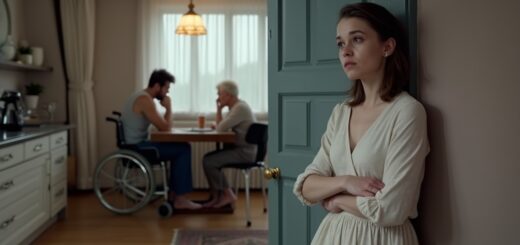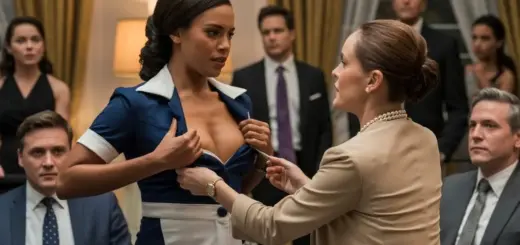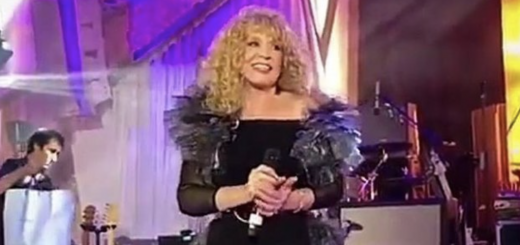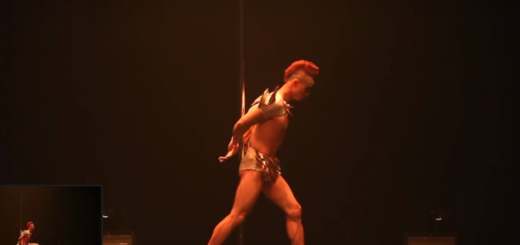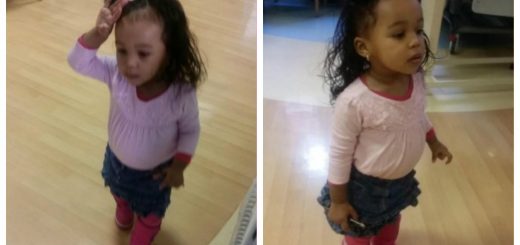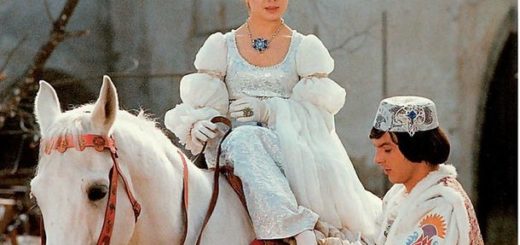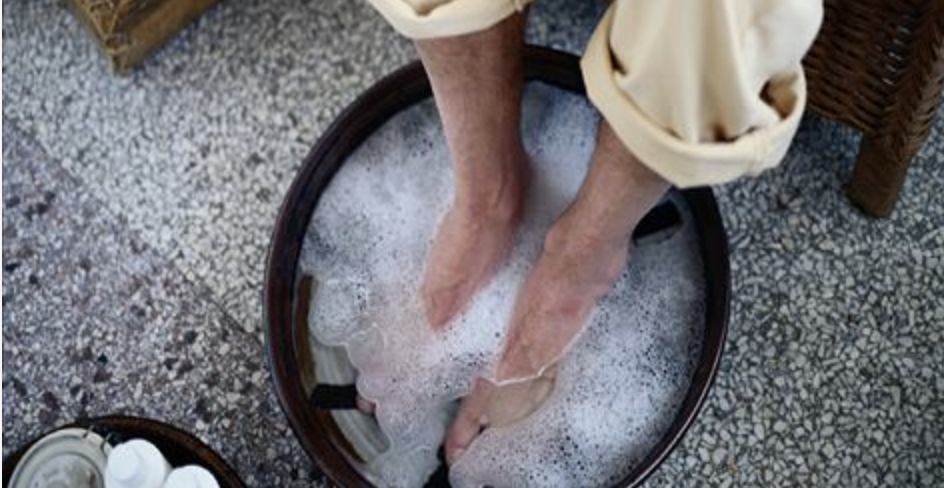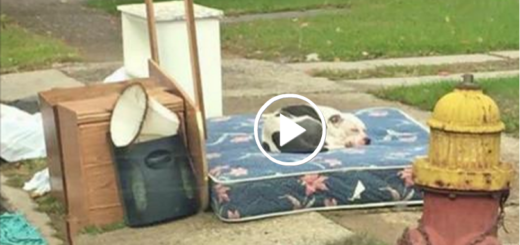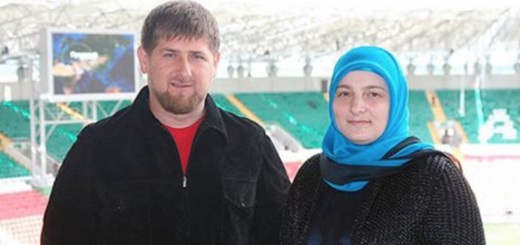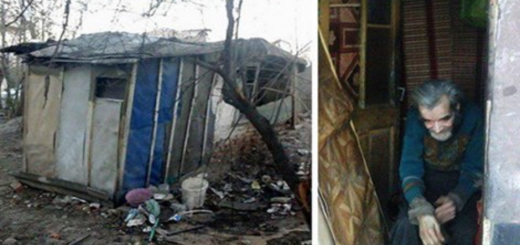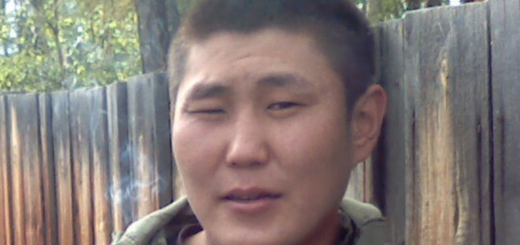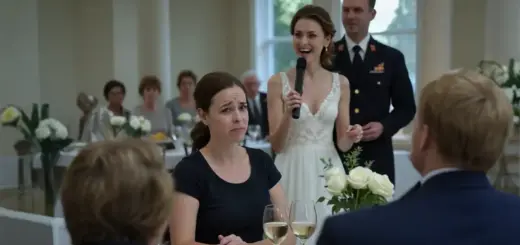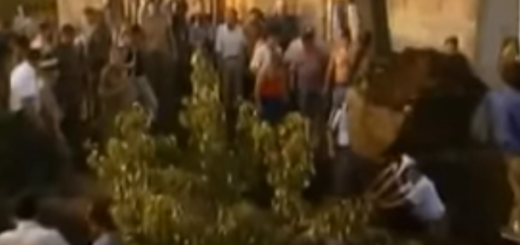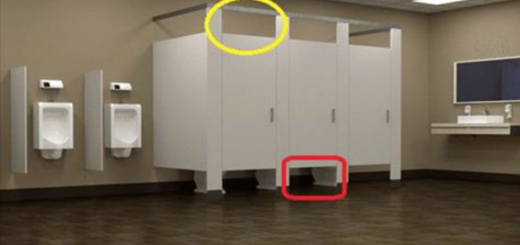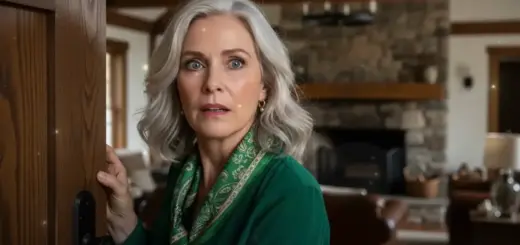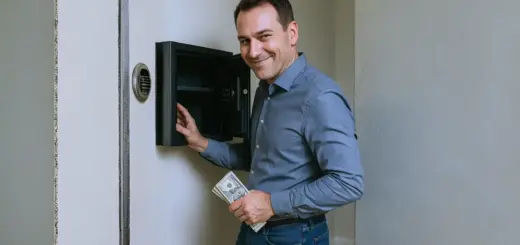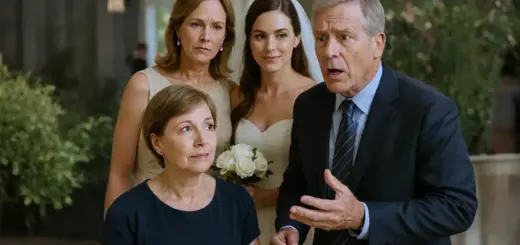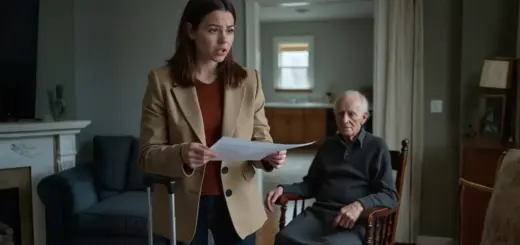«Get out! You are ugly! I do not want you here.» I held the phone on a Tuesday evening in March, listening to my 34-year-old son tell me I couldn’t come to his wedding. «Mom, you have to understand,» Michael’s voice carried that patronizing tone he’d developed since dating Rebecca. «This is Rebecca’s dream wedding. Everything has to be perfect.»
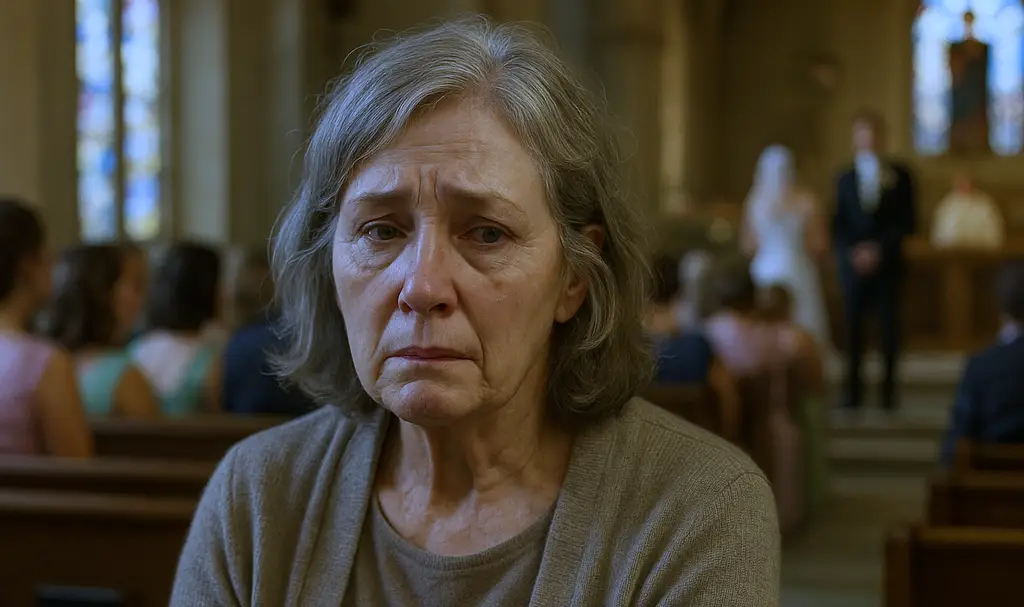
«Of course, honey. I’ve already picked out a nice dress, nothing flashy, just something appropriate for…»
«That’s just it, Mom,» he cut me off, and I could practically hear him wincing through the phone. «Rebecca and I have been talking, and we think, well… we think you might not fit the aesthetic we’re going for.»
The aesthetic. As if his wedding was a magazine spread and I was a piece of furniture that clashed with the decor. «What do you mean, Michael?» The silence stretched so long I thought the call had dropped.
When he finally spoke, his words landed like physical blows. «You’re not… you’re not photogenic anymore, Mom. You’ve aged a lot these past few years, and Rebecca’s family is very image-conscious. Her father is paying for everything, and they want the photos to be perfect. You understand, right?»
I understood that the woman who had given birth to him, who had sacrificed everything for him, who had worked herself into exhaustion to give him every opportunity, was now too ugly to witness his happiness. «Michael,» my voice came out smaller than I intended. «I’m your mother.»
«I know, and I love you for everything you’ve done. But this is about starting my new life with Rebecca,» he said. «She thinks, we both think, it might be time to consider some long-term care options for you anyway. There are some really nice facilities where you could have companions your own age, activities, proper medical care.»
A nursing home. At 68. With nothing wrong with me but gray hair, laugh lines, and hands that showed the honest work they’d done. «You want to put me in a home, so I won’t embarrass your bride.»
«Mom, don’t be dramatic. It’s not like that.»
But it was exactly like that. Rebecca had come into our lives two years ago like a perfectly manicured tornado, and I’d watched my son transform into someone I didn’t recognize. Gone was the boy who used to call me every Sunday, who brought me flowers on Mother’s Day not because he had to, but because he wanted to. In his place stood this stranger who spoke about aesthetics and image as if they were more important than the woman who’d given him life.
I thought about all the sacrifices: the college fund I’d drained to pay for his MBA, the down payment I’d helped him with for his first house. I remembered the countless times I’d babysat his neighbor’s kids for extra money just so he could have name-brand sneakers like the other children. I thought of the way I’d smiled through my own loneliness, never dating, never remarrying because I didn’t want to complicate his life with a stepfather.
«Rebecca’s right, you know,» he continued, warming to his theme now that I hadn’t hung up. «You’ve been isolated since you retired. It’s not healthy. At Sunset Manor, you’d have social activities, proper meals, medical supervision. We’ve already looked into it. They have an opening next month.»
Next month. They’d already looked into it. «And what if I say no?»
Another silence. «Then, Mom, you can’t live independently forever. Rebecca and I are starting a family soon, and we won’t have time to keep checking on you. This is what’s best for everyone.»
What’s best for everyone. As if I were a problem to be solved rather than a person who devoted 34 years of her life to making sure he became the man he was today. I hung up without saying goodbye.
That night, I sat in the kitchen of the small house I’d scrimped and saved to buy after Michael left for college. It wasn’t much—two bedrooms, one bathroom, a kitchen barely big enough for a table—but it was mine. I’d painted every wall myself, refinished the hardwood floors on my hands and knees, and planted the garden that now bloomed with roses and tomatoes each summer.
I looked at the refrigerator, covered with photos of Michael through the years: his first day of school, gap-toothed and grinning; his high school graduation; college graduation; the day he got his first promotion. In every photo, I was there beside him, beaming with pride. How had I become too ugly for his happiness?
I pulled out a bottle of wine I’d been saving for a special occasion and poured myself a glass, then another. As the wine warmed my empty stomach, I felt something shift inside me. Not just hurt—I’d expected that—but something harder, something that tasted like 34 years of unreciprocated devotion curdling into something entirely different.
I walked to my bedroom and pulled out the bottom drawer of my old dresser. Buried beneath sweaters I’d knitted but never wore were manila folders I hadn’t touched in months: bank statements, property deeds, investment portfolios. Michael thought he knew his mother. He thought I was just a lonely old woman whose greatest accomplishment was raising him.
He had no idea what I’d been quietly building all these years, preparing for the day when I’d no longer be able to work, when I’d need security in my old age. He had no idea that the mother he considered too ugly for his perfect wedding was worth more than he could imagine. And as I sat there, surrounded by documents that told the real story of my life, I began to smile. If Michael wanted to start fresh with his new life, if he wanted to erase me from his perfect picture, then perhaps it was time he learned exactly what he was giving up.
Perhaps it was time for his mother to start fresh too.
The morning after Michael’s call, I spread everything out on my kitchen table like pieces of a puzzle that had taken me decades to assemble: bank statements, property deeds, stock certificates, insurance policies. It was the paper trail of a life lived more carefully than anyone, including my son, had ever realized. Most people saw what Michael saw: a tired woman in discount store clothes, clipping coupons, driving a 10-year-old Honda, and living in a modest house in an unfashionable neighborhood. What they didn’t see was the method behind what looked like mere frugality.

